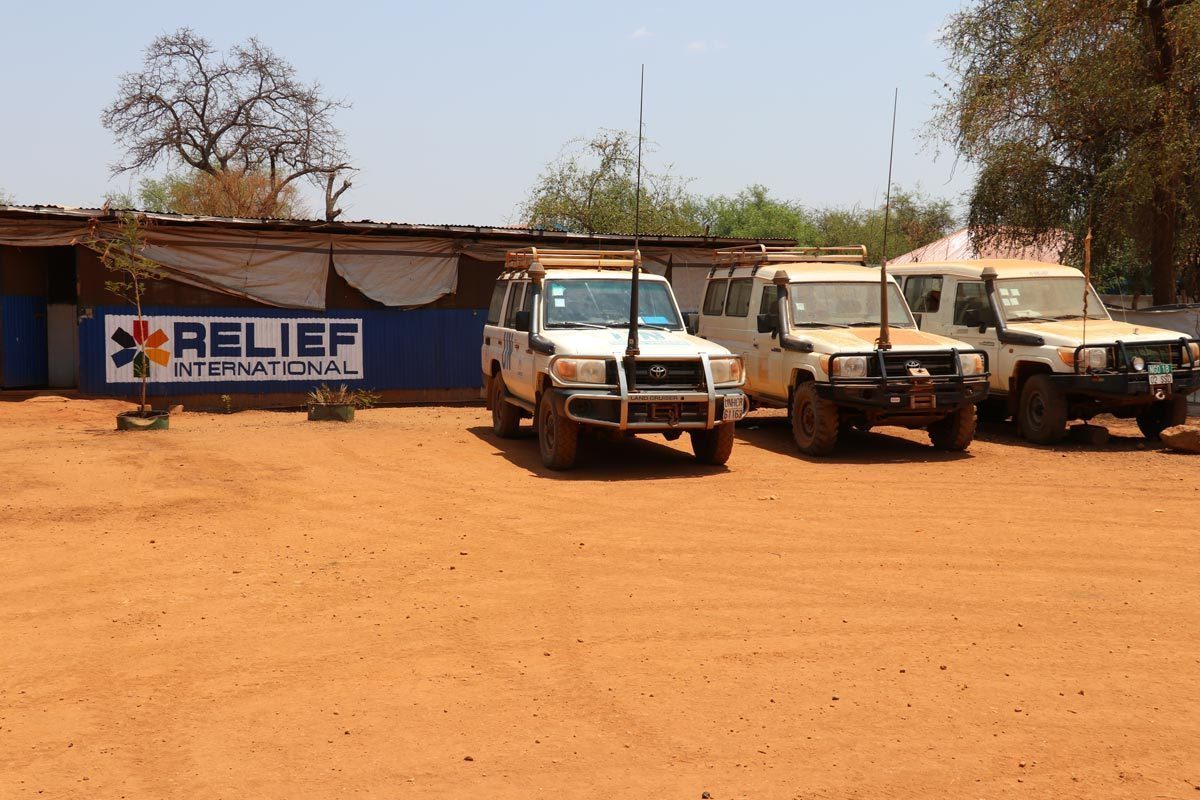Our Strategic Plan 2015-2020 sets out accountability and transparency as central to Relief International’s culture. The RI Way, which sets out the guiding principles we use to design every project, includes transparency, accountability, deliberation, and local participation as part of its core elements.
We work with fragile and vulnerable communities and engage community members as program partners, not simply aid recipients. We listen to, learn from, and explain our intentions and performance to the women, men, girls, and boys with whom we work, involving them as decision makers in the design and delivery of our programs.
Relief International’s accountability to communities is codified across existing Relief International policies. We aim to build a culture of accountability through integrating our commitment to communities across systems and practices.
Guiding Principles
Relief International is a member of the Inter-Agency Standing Committee (IASC) Task Force on Accountability to Affected Populations (AAP). Our organizational approach is aligned with the Core Humanitarian Standard on Quality and Accountability (CHS). Our own commitment to accountability to communities reflects these standards, focusing in particular on the following three standards.
1. Communities receive assistance appropriate and relevant to their needs
Relief International is committed to implementing programs that address local priorities effectively. We recognize the importance of listening to community members and adapting program design according to what we learn. This responsiveness carries through the life cycle of the program, from the initial program design stage, which is guided by needs assessments and community consultation, through monitoring and evaluation findings and community feedback.
2. Communities know their entitlements, have access to information, and participate in decisions that affect them
The RI Way takes a community-driven approach, engaging with community members as active participants rather than passive recipients of aid. Such engagement increases resilience and independence and raises the likelihood of the success and sustainability of our programs. The RI Way also builds core civic skills of transparency, accountability, and deliberation into all programs. We engage a range of local stakeholders in the delivery of projects. This is because informed and empowered community members strengthen the outcomes of all project phases, build community ownership for sustainability, encourage feedback for continuous improvement, and strengthen trust and transparency.
3. Communities have access to safe and responsive mechanisms to handle complaints
Relief International recognizes the importance of establishing effective mechanisms that enable communities to provide feedback and complaints. This can be either through a Relief International-led system, or, where feasible, a joint complaints mechanism with other agencies. This communication channel enables program participants to voice their suggestions and Relief International to listen to what is working and what is not working in order to adjust the program approach accordingly. In addition to incorporating learning at the project level, Relief International recognizes the need to monitor trends regarding feedback at the institutional level and to incorporate these lessons into future planning.
